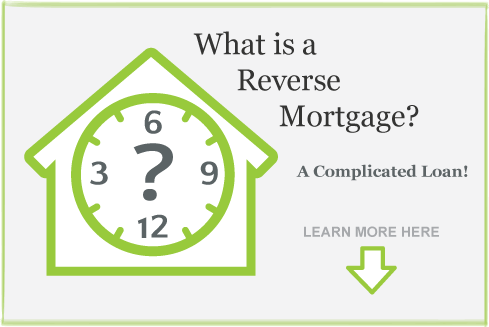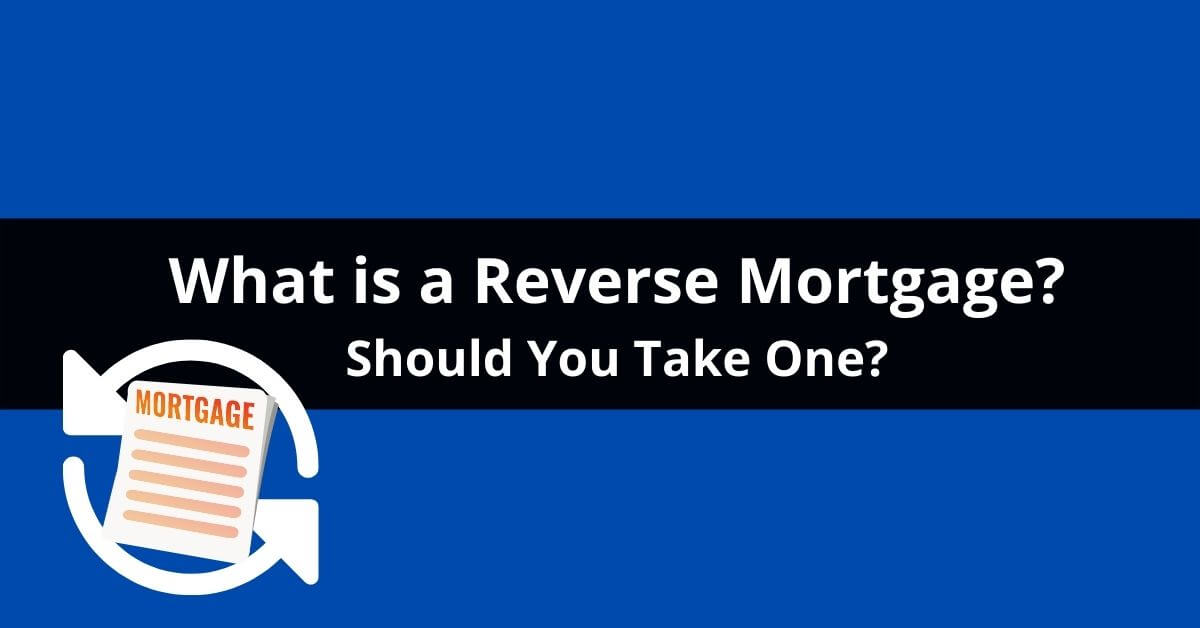How to Purchase Reverse Mortgage and Maximize Your Home’s Value
How to Purchase Reverse Mortgage and Maximize Your Home’s Value
Blog Article
Empower Your Retirement: The Smart Way to Acquisition a Reverse Home Loan
As retired life methods, several people seek effective methods to improve their monetary freedom and health. Among these methods, a reverse mortgage arises as a feasible option for homeowners aged 62 and older, permitting them to use their home equity without the necessity of month-to-month payments. While this economic tool supplies a number of advantages, including boosted cash circulation and the potential to cover crucial costs, it is crucial to recognize the complexities of the application procedure and essential factors to consider involved. The next actions may expose just how you can make a well-informed choice that could significantly affect your retirement years.
Comprehending Reverse Home Mortgages
Comprehending reverse home loans can be essential for property owners looking for financial flexibility in retirement. A reverse mortgage is a monetary item that enables qualified home owners, usually aged 62 and older, to transform a section of their home equity right into cash money. Unlike traditional home loans, where customers make regular monthly repayments to a loan provider, reverse home loans allow property owners to get payments or a lump sum while keeping ownership of their property.
The quantity readily available via a reverse home mortgage relies on numerous variables, including the house owner's age, the home's value, and present rate of interest. Significantly, the loan does not have to be paid back up until the homeowner offers the home, leaves, or passes away.
It is necessary for prospective borrowers to comprehend the ramifications of this financial item, including the effect on estate inheritance, tax factors to consider, and recurring duties associated to home maintenance, tax obligations, and insurance coverage. Additionally, counseling sessions with licensed professionals are frequently required to ensure that borrowers totally comprehend the terms and problems of the funding. On the whole, a thorough understanding of reverse home mortgages can empower home owners to make educated choices regarding their financial future in retirement.
Advantages of a Reverse Home Loan
A reverse mortgage offers a number of engaging advantages for qualified homeowners, particularly those in retired life. This monetary device allows senior citizens to transform a portion of their home equity into money, providing important funds without the requirement for month-to-month mortgage repayments. The cash obtained can be used for different objectives, such as covering medical expenditures, making home improvements, or supplementing retired life revenue, hence enhancing overall financial adaptability.
One considerable advantage of a reverse mortgage is that it does not need payment until the house owner vacates, markets the home, or passes away - purchase reverse mortgage. This feature makes it possible for retired people to keep their lifestyle and satisfy unexpected prices without the burden of month-to-month payments. Additionally, the funds gotten are typically tax-free, permitting house owners to utilize their cash without anxiety of tax ramifications
In addition, a reverse home loan can supply tranquility of mind, recognizing that it can serve as a financial safety and security web during difficult times. House owners likewise keep possession of their homes, ensuring they can proceed staying in an acquainted atmosphere. Eventually, a reverse home loan can be a calculated financial resource, encouraging retirees to handle their financial resources efficiently while appreciating their golden years.
The Application Process
Navigating the application process for a reverse home mortgage is a crucial step for home owners considering this economic option. The very first stage entails examining eligibility, which generally calls for the home owner to be at least 62 years old, very own the property outright or have a reduced home mortgage equilibrium, and inhabit the home as their main house.
Once qualification is verified, homeowners have to go through a counseling session with a HUD-approved counselor. This session ensures that they completely understand the effects of a reverse More about the author home loan, including the responsibilities involved. purchase reverse mortgage. After finishing counseling, applicants can continue to gather necessary documents, including evidence of revenue, possessions, and the home's worth
The next step requires submitting an application to a lending institution, who will certainly evaluate the financial and property qualifications. An assessment of the home will additionally be carried out to establish its market price. If approved, the lending institution will provide car loan terms, which need to be examined carefully.
Upon approval, the closing process follows, where last records are signed, and funds are disbursed. Understanding each stage of this application procedure can dramatically improve the property owner's confidence and decision-making relating to reverse home loans.

Key Considerations Before Acquiring
Purchasing a reverse home mortgage is a substantial monetary decision that requires mindful consideration of several essential elements. Examining your monetary needs and goals is similarly important; establish whether a reverse home mortgage aligns with your long-term strategies.

A reverse home loan can influence your eligibility for certain federal government benefits, such as Medicaid. By completely evaluating these factors to consider, you can make a more informed choice regarding whether a reverse mortgage is the appropriate financial method for your retirement.
Maximizing Your Funds
When you have secured a reverse Check This Out home loan, successfully managing the funds becomes a priority. The versatility of a reverse mortgage allows house owners to make use of the funds in different means, but tactical planning is important to optimize their advantages.
One vital strategy is to develop a budget that outlines your month-to-month expenses and economic goals. By recognizing essential costs such as healthcare, real estate tax, and home upkeep, you can designate funds accordingly to make certain long-lasting sustainability. In addition, think about using a section of the funds for financial investments that can produce earnings or value gradually, such as mutual funds or dividend-paying stocks.
An additional essential facet is to maintain an emergency fund. Reserving a book from your reverse mortgage can assist cover unanticipated costs, giving assurance and financial stability. Additionally, consult with a financial advisor to check out possible tax obligation ramifications and just how to integrate reverse mortgage funds into your overall retired life strategy.
Inevitably, prudent management of reverse home mortgage funds can boost your monetary security, enabling you to enjoy your retirement years without the stress of financial uncertainty. Cautious preparation and informed decision-making will make certain that your funds work efficiently for you.
Final Thought
In verdict, a reverse home mortgage offers a viable financial technique for elders looking for to enhance their retired life experience. By transforming home equity into obtainable funds, people can deal with necessary expenditures and safe extra funds without incurring regular monthly payments. Nevertheless, cautious consideration of the connected implications and terms is crucial to maximize benefits. Ultimately, leveraging this economic device can help with better self-reliance and improve total lifestyle during retired life years.
Recognizing reverse home mortgages can be crucial for homeowners looking for financial adaptability in retired life. A reverse home mortgage is an economic product that permits qualified homeowners, normally aged 62 and older, to transform a section of their home equity into money. Unlike standard home loans, where borrowers make monthly settlements to a loan provider, reverse home loans allow property owners to receive repayments or a lump sum while preserving ownership of their home.
On the whole, a complete understanding of reverse mortgages can empower house owners to make enlightened choices concerning their monetary future in retired life.
Consult with a see it here financial consultant to explore possible tax obligation effects and just how to incorporate reverse mortgage funds into your general retirement strategy.
Report this page